Wedding venues come in all shapes and sizes but one thing they usually have in common, is a cost. For most people looking to host a celebration, booking a venue (or venues) is one of the first tasks but can also be the biggest part of your budget. Each venue is entirely unique in what they offer, include and will permit.
It's important to understand that the budget for your wedding venue is not as simple as a single number at the bottom of a single contract.
Firstly, how many venues will you need to book? Will your ceremony site be the same as your reception?
In order to secure a venue, you must chose a date. Since many vendors will have availability and/or pricing that reflects specific date(s), location(s) and services, the venue -and therefore the date- are essential first steps!
Photography by Lauren McCormick at Alton Mills Arts Centre, Alton
I have plenty of tips about booking wedding venues, but here I’m going to talk specifically about the budget. I broke it down into 5 major fees that you need to consider for each space.
Venue Rental Fee
This is the cost to secure the physical space that you’ll be hosting your wedding. This fee will fall between $0 (more on that later) to about $12,500+tax.
It’s important to know exactly what is -and is not- included in your venue rental fee. Some questions to ask the venue coordinator:
What rooms are included? Suites, lounge areas, cocktail area, coatroom, bathrooms, prep space for catering, etc.
Are there additional fees to host the ceremony on-site?
Are there any spaces on-site that you do not have access to, or limited access?
What furniture is included? Tables, chairs, linens, couches, etc. Do they have an exclusive rental company that they work with?
Security
Alcohol
Most venues have one of the following two alcohol service structures.
The venue supplies alcohol and charges you on either an open bar hourly rate or based on consumption (prices should be available for you to review). With this option many spaces will also allow you to upgrade to a premium bar rail should you choose.
* Remember that with an open bar you’re paying a flat fee whether the guests drink or not.
In this case, the venue will also provide soft drinks, juice (orange juice, cranberry), ice, etc.
OR
You will need to purchase a Special Occasions Permit (SOP) and purchase/bring your own alcohol. Most of the time this option is more cost-effective however you will be responsible for purchasing, storing, transporting and returning all of the alcohol.
Additionally, you may be asked to provide the other bar elements (soft drinks, juice, lemons/limes, ice, etc)
Photography by Inna Yasinska at Chiefswood Park, Oshweken
Catering & Food
Some venues will supply food/catering and some will require you to book a caterer/handle your own food. In addition to plate costs, don’t forget to include tax and gratuity.
The perks of bringing in your own caterer is that you typically have more options. Some venues may charge you a landmark fee, which is a percentage of your catering invoice that is paid to the venue for operating in that space (typically between 10-20%).
An outside caterer will also likely quote for food and labour separately. They may also assist with event rentals (tables, chairs, glassware, flateware, etc).
If the venue is handling the food themselves, they may require you to meet a minimum spend (often calculated before labour, tax and gratuity). This is why I caution against booking spaces that are much too big for your guest count. Venues that provide food in-house will usually have their own furniture and tableware.
There are -still- a handful of venues that only charge a minimum spend and not a venue fee, but these are generally few and far between. Some venues will charge a venue fee and also have a minimum spend!
Event rentals & Decor
Once you know what the venue includes, you may need to fill in any gaps in your rental needs. This category can be a bit tricky. Tables, chairs and linens are a bit more straightforward but things like ovens, water jugs and garbage cans might not have crossed your mind.
Decor can really impact how a space looks and some spaces will “need” more than others. Bringing in giant floral arches and gorgeous hanging chandeliers are beautiful but each comes with their own set of costs. Keep in mind also that flowers have seen an increase of about 25% from pre-covid.
Miscellaneous costs
While I’m sure I could make this list a mile long, some of the other miscellaneous costs include a sound system/speakers, parking and photography permits, to name a few.
In my experience most weddings exceed the couple's initial budget. Often, this is due to a slew of costs that are overlooked in the early phases of wedding budgeting. I would strongly recommend having a buffer in your budget for unexpected and miscellaneous costs.
Photography by Boakview Photography at Propeller Coffee, Toronto
A wedding planner will help to guide you through all the details to help ensure that you are choosing the best venue based on your priorities, style, size and of course, budget.
Whether we’ve been working together since the beginning of your planning process or Month-of Coordination was a better fit, my job on the wedding day is to act as a lease between your wedding venue and your contract/expectations/etc.
Remember that, while the venue is the one of the first and sometimes the most important decisions you'll make during the planning process, your wedding day will be about so much more. It's the opportunity to marry your love and celebrate with your closest friends and family, and that's pretty incredible!
Always keep the main goal of planning in mind.
Check out our services so you can enjoy a smooth wedding day!
https://www.openskyweddings.com/services
Have questions? Send me an email amanda@openskyweddings.com




